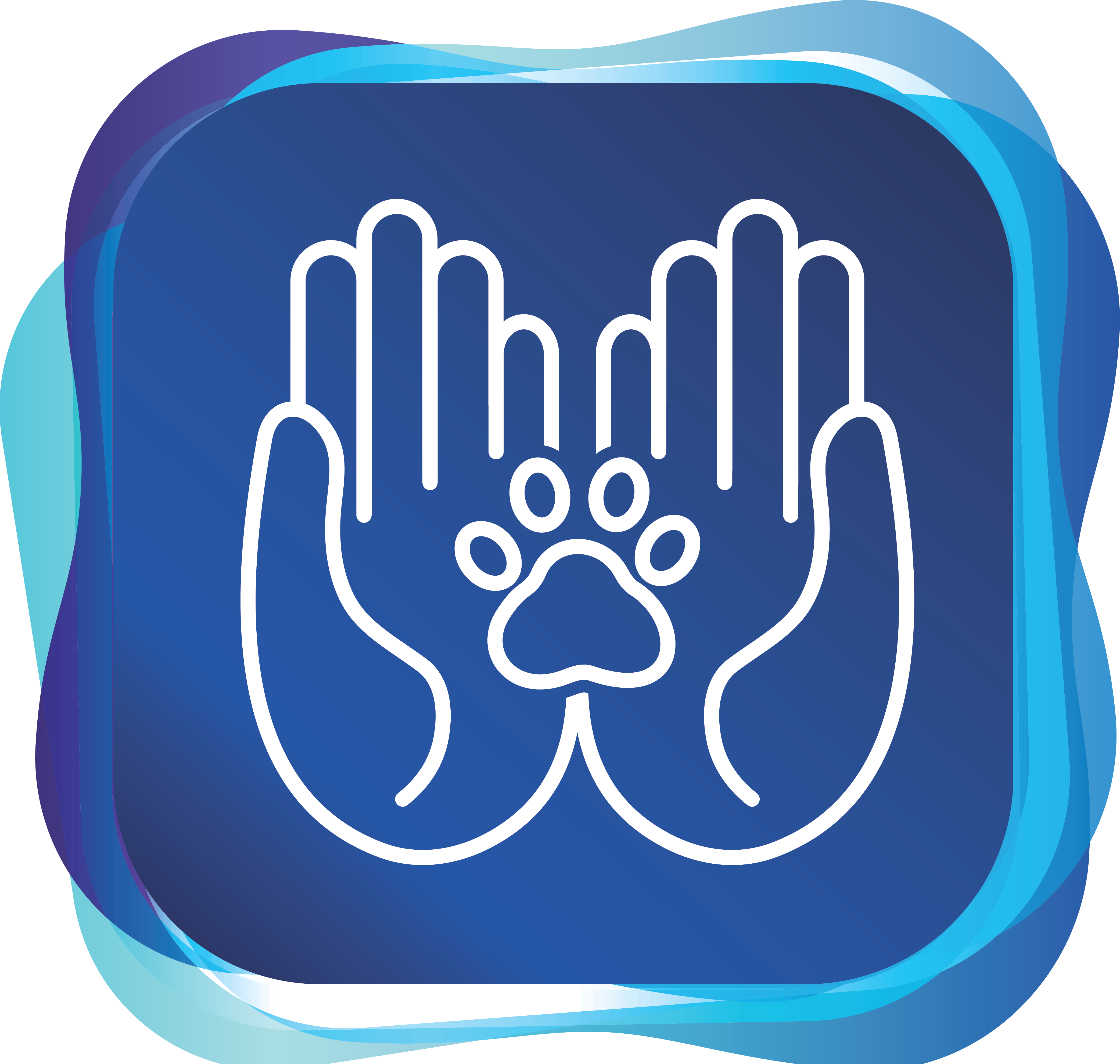 |
CCST6004 Science, Technology and Big Data
|
[This is a 3-credit Common Core Microcredentials course focused on transdisciplinary project-based learning in a highly compressed format.]
- CCMCs are optional, i.e. whether or not you take CCMCs (in place of one standard 6-credit CC course) for fulfilling the UG5(c) Common Core requirements, is at your discretion. However, if you opt to take CCMCs, you must take TWO of them, not more or less.
- Students who have been granted Advanced Standing / Credit Transfer / Course Exemption / Internal Transfer for Common Core courses in their current programme are NOT eligible.
- For students who have successfully completed two 3-credit CCMCs in place of one 6-credit Common Core course, the average grade point of the two CCMCs will be treated as the grade point of a 6-credit Common Core course for calculation of Graduation GPA under the Common Core Special Proviso.
Course Description
In the course “Our Animal Allies: Connections with Human Well-Being”, we explore the crucial connection between animal health and human well-being, uncovering how our interactions with animals can directly impact our own health.
Through interactive activities, lively group discussions, and real-life examples, we will discover the relationships between the health of pets, farm animals, and wildlife, and how these impact human health. We will gain insights into zoonotic diseases, the impact of dietary choices on both human and animal health, and the importance of environmental care for the health of all species, from a One Health perspective.
Upon completion of the course, you will gain a deeper understanding of how to promote health and well-being for yourself, your pets, and your community. Whether you are a pet owner, an environmental advocate, or just seeking to broaden your knowledge of the important links between animals and human health, “Our Animal Allies: Connections with Human Well-Being” offers valuable insights into building a harmonious and sustainable relationship with the animals that share our planet, while enhancing our own well-being. This will be an exciting opportunity to make meaningful connections between animals, health, and our environment.
[A field trip to Kadoorie Farm and Botanic Garden will be organized.]

Course Learning Outcomes
On completing the course, students will be able to:
- Learn about how the health of animals affects humans and vice versa in our daily lives.
- Understand how what we eat, our surroundings, and our lifestyle choices affect animals and, in turn, human health.
- Explore how human – animal interactions shaped each other’s course of evolution.
- Learn from animal nutrition, dietary, physical activity, and behavioral patterns for human health and well-being.
Offer Semester and Day of Teaching
Summer Semester
Lecture
9:00 am – 11:00 am on Jul 21, 22, 23, 24, 25
2:00 pm – 6:00 pm on Jul 30
Tutorial
2:00 pm – 5:00 pm on Jul 21, 22
Study Load
| Activities | Number of hours |
| Lectures | 14 |
| Tutorials | 6 |
| Fieldwork / Visits | 5 |
| Reading / Self-study | 10 |
| Assessment: Essay / Report writing | 10 |
| Assessment: Presentation (incl preparation) | 15 |
| Total: | 60 |
Assessment: 100% coursework
| Assessment Tasks | Weighting |
| Tutorial participation | 20 |
| Essay writing | 40 |
| Presentation | 40 |
Required Reading
- Jarrett, C. (2017, December 21). 10 of the most famous animals in Psychology. The British Psychological Society: Research Digest. From https://www.bps.org.uk/2017/12/21/10-of-the-most-famous-animals-in-psychology
- Tsang, J. (2019, July 26). The One Health of Animals, Humans, and Our Planet: It’s All Microbially Connected. American Society for Microbiology. From https://asm.org/articles/2019/july/the-one-health-of-animals,-humans,-and-our-planet
- Zimmer, C. (2024, January 10). Ancient Skeletons Give Clues to Modern Medical Mysteries in Ancient Bones. The New York Times. From https://www.nytimes.com/2024/01/10/science/ancient-human-genes-multiple-sclerosis.html
- Chang, C. (2024, January 30). Try the Animal Movement Workout. The New York Times. From https://www.nytimes.com/2024/01/30/well/move/animal-flow-movement-exercises.html
Course Co-ordinator and Teacher(s)
| Course Co-ordinator | Contact |
| Professor L.L. Teng Applied Oral Sciences and Community Dental Care of the Faculty of Dentistry |
Tel: 2859 0516 Email: llteng@hku.hk |
| Teacher(s) | Contact |
| Professor L.L. Teng Applied Oral Sciences and Community Dental Care of the Faculty of Dentistry |
Tel: 2859 0516 Email: llteng@hku.hk |
| Professor R.M. Watt Applied Oral Sciences and Community Dental Care of the Faculty of Dentistry |
Tel: 2859 0482 Email: rmwatt@hku.hk |
| Professor W.K. Dissanayaka Applied Oral Sciences and Community Dental Care of the Faculty of Dentistry |
Tel: 2859 0484 Email: warunad@hku.hk |
| Professor Z. Wu Applied Oral Sciences and Community Dental Care of the Faculty of Dentistry |
Tel: 2859 0481 Email: zhaomin9@hku.hk |

